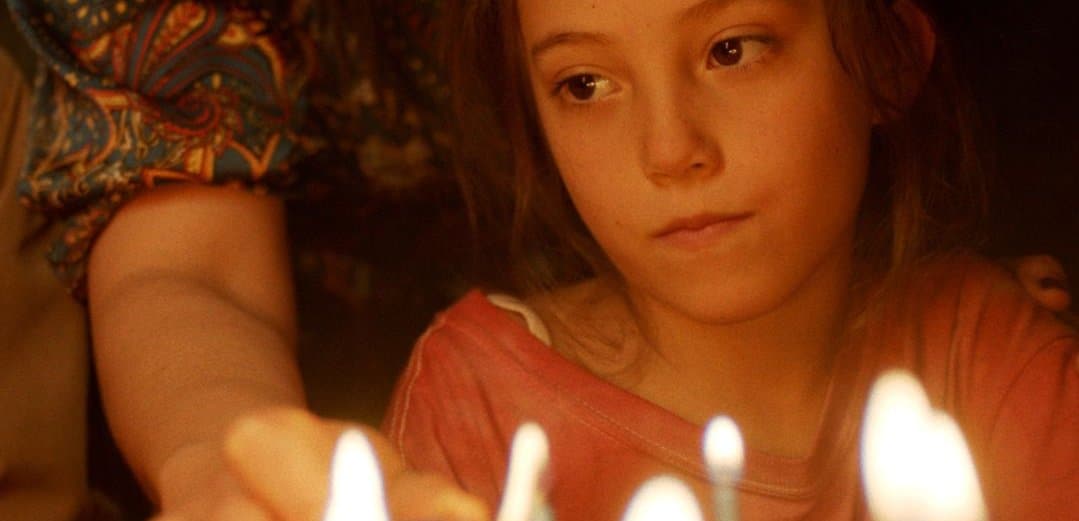As a child, the Mexican filmmaker behind Tótem and The Chambermaid, Lila Avilés spent a lot of time alone. She wasn’t an only child, but she describes growing up feeling like she was in the center of “a big sandwich” because she had siblings who were younger and older than her.
“I was the big [sister] of the little ones and the little [sister] of the big ones,” Avilés, 41, told LatinaMedia.Co during a recent interview. “So, I spent a lot of time observing. I really appreciate those moments because that’s where I found my imagination.”
Avilés’ experience as a child gave her insight to the main character in her award-winning feature film, Tótem. In Tótem, which was Mexico’s official submission for the 2024 Academy Awards, Avilés tells the story of Sol (Naíma Sentíes), a seven-year-old girl who is spending the day with her family at her grandfather’s house. There, the family is preparing for her dying father’s birthday party.
Throughout the film, Avilés maneuvers the narrative from Sol’s perspective, so viewers can understand the excitement for the party but also the fear, grief, and uncertainty that slowly forms as she realizes that this will likely be her father’s last birthday. It’s a heavy emotional fog that never lifts as the family arranges a celebration that will be both extraordinary and devastating.
“It’s this existential question of a child asking, ‘What if one of my [parents] died?’” Avilés said. “[The child’s] world would collapse because that’s [their] structure.”
Sadly, Avilés was connected to Sol in this way in real life. She was a young mother when her daughter’s father died. It’s not something she likes to talk about, but her understanding of impending loss is evident throughout the film.

“Tótem is a film about letting go and growing up, not just as a child, but as an adult too,” Avilés said. “When you’re older, you have knowledge. It’s a sensitivity that you build in your heart. Childhood is destiny.”
The tragedy Avilés’ family experienced is not the only thing that informed the narrative for Tótem. The Mexico City-born filmmaker believes that cinema can always evolve – just like a chef being creative in the kitchen. “The nice thing about being a filmmaker is that you can always change your play,” she said. “It’s like cooking a sauce. You can put more chiles or water or sugar. You can start to go into the story’s other layers. What’s also nice about life is that there’s something animistic about it. There’s some mystery in every one of us.”
Looking ahead, Avilés hopes to continue to explore what she can do as a storyteller. In Mexico, she feels like the women filmmakers who have come before her laid a solid foundation. She wants to do the same for those who come after her. “Women filmmakers are becoming strong in Mexico,” Avilés said. “It’s an exercise of resistance. We are doing everything. We are hard workers. We are multitasking warriors!” Cheers to that.

